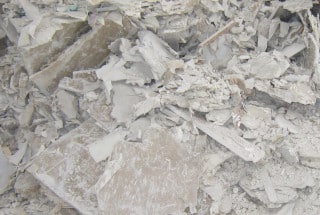In the recycling industry, sustainable waste transportation is crucial for minimizing environmental impact and reducing the carbon footprint. Effective strategies in this area not only contribute to cleaner operations but also align with global efforts towards sustainability.
Consolidation of shipments
- Consolidating shipments is crucial for reducing the number of transportation trips required in recycling operations. By grouping together as much material as possible into fewer, larger shipments, companies can significantly cut down on fuel consumption and emissions.
Optimized recycling machines
- ACA’s recycling machines, including our crushers and bale breakers, play a significant role in sustainable transportation by significantly reducing the volume of waste materials.
- This reduction makes transportation more efficient, reducing the number of trips required to move materials and thereby decreasing fuel consumption and CO2 emissions.
- The compacted materials also optimize space usage in transport vehicles, further contributing to environmental sustainability and operational cost savings.
The future of sustainable waste transportation
The recycling industry is poised for transformative advancements, with emerging technologies like autonomous electric vehicles and AI-driven route optimization poised to enhance sustainability further.
Additionally, evolving regulations focusing on carbon emissions and waste management are expected to shape industry practices significantly.
ACA’s proactive approach in innovating and adapting their technologies to these upcoming challenges underscores our commitment to leading the way in sustainability within the recycling sector.












